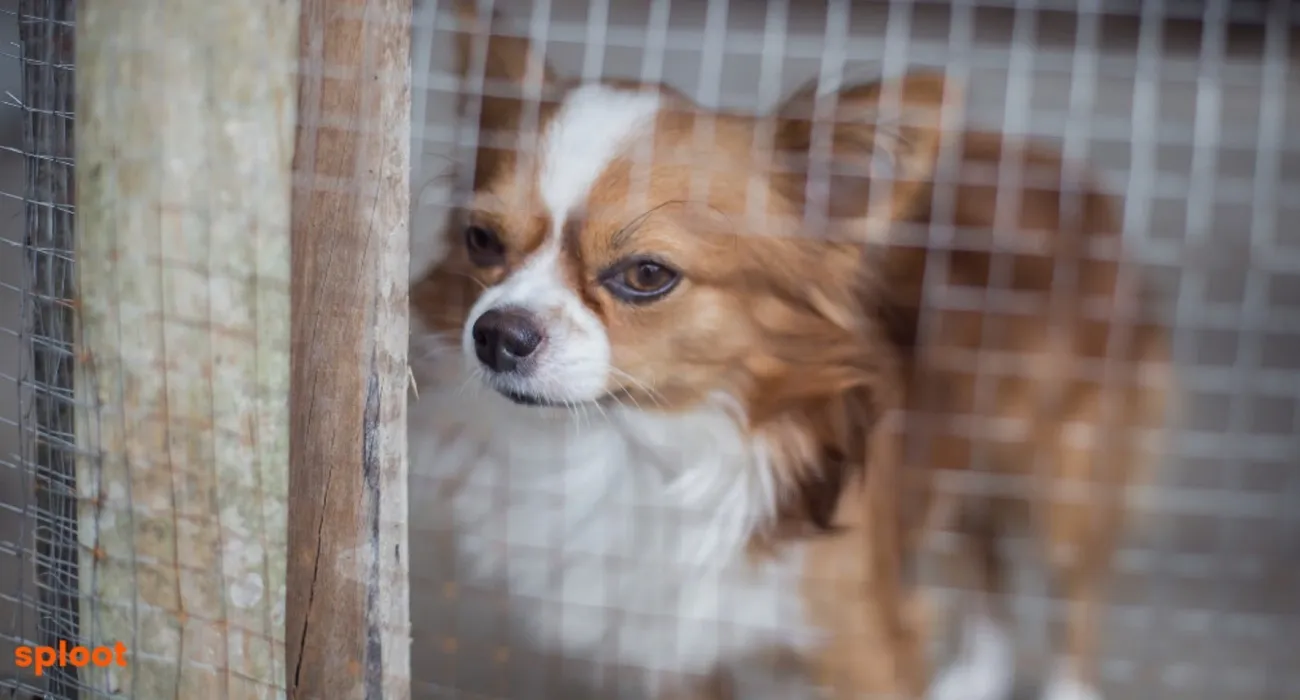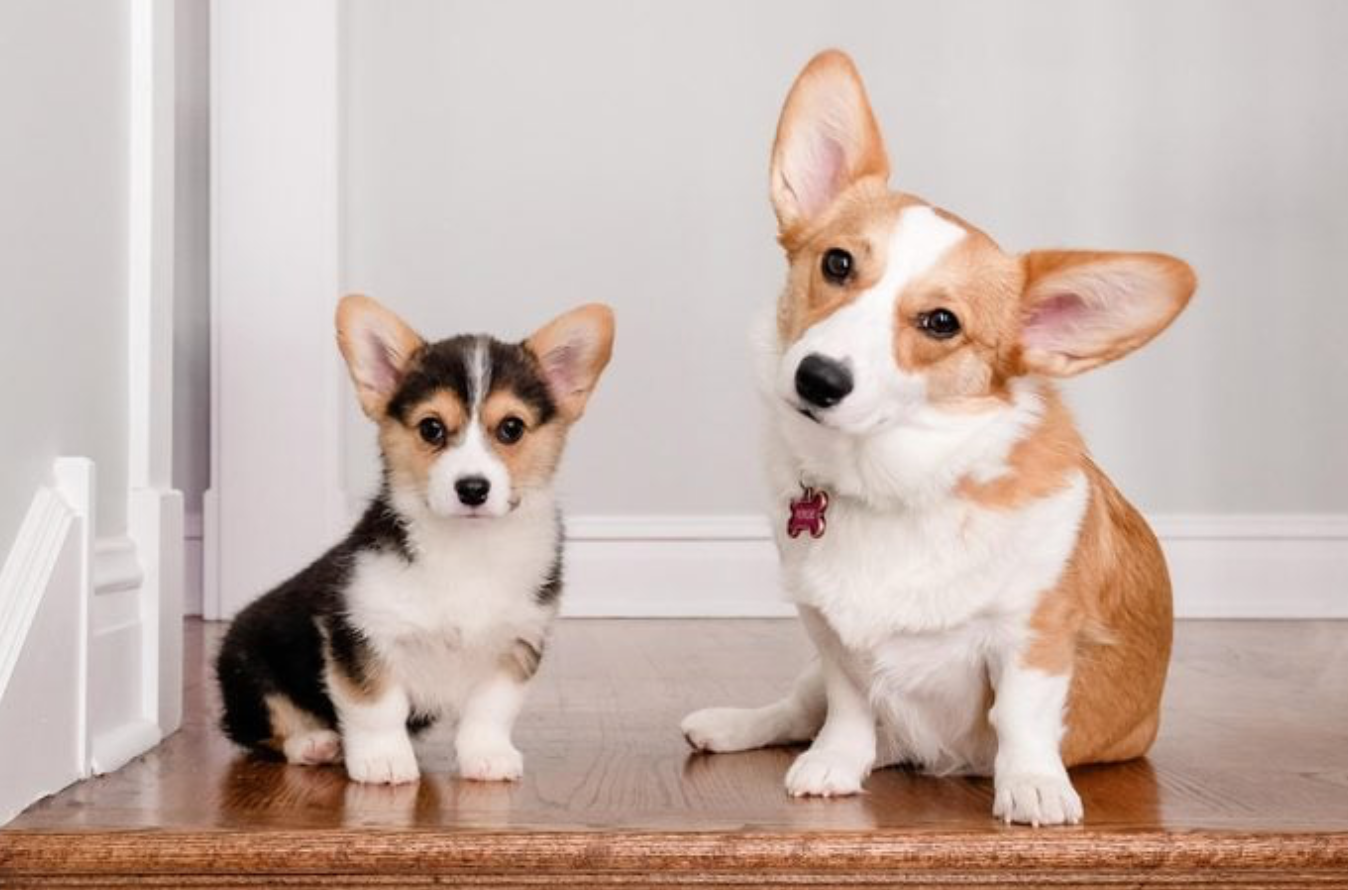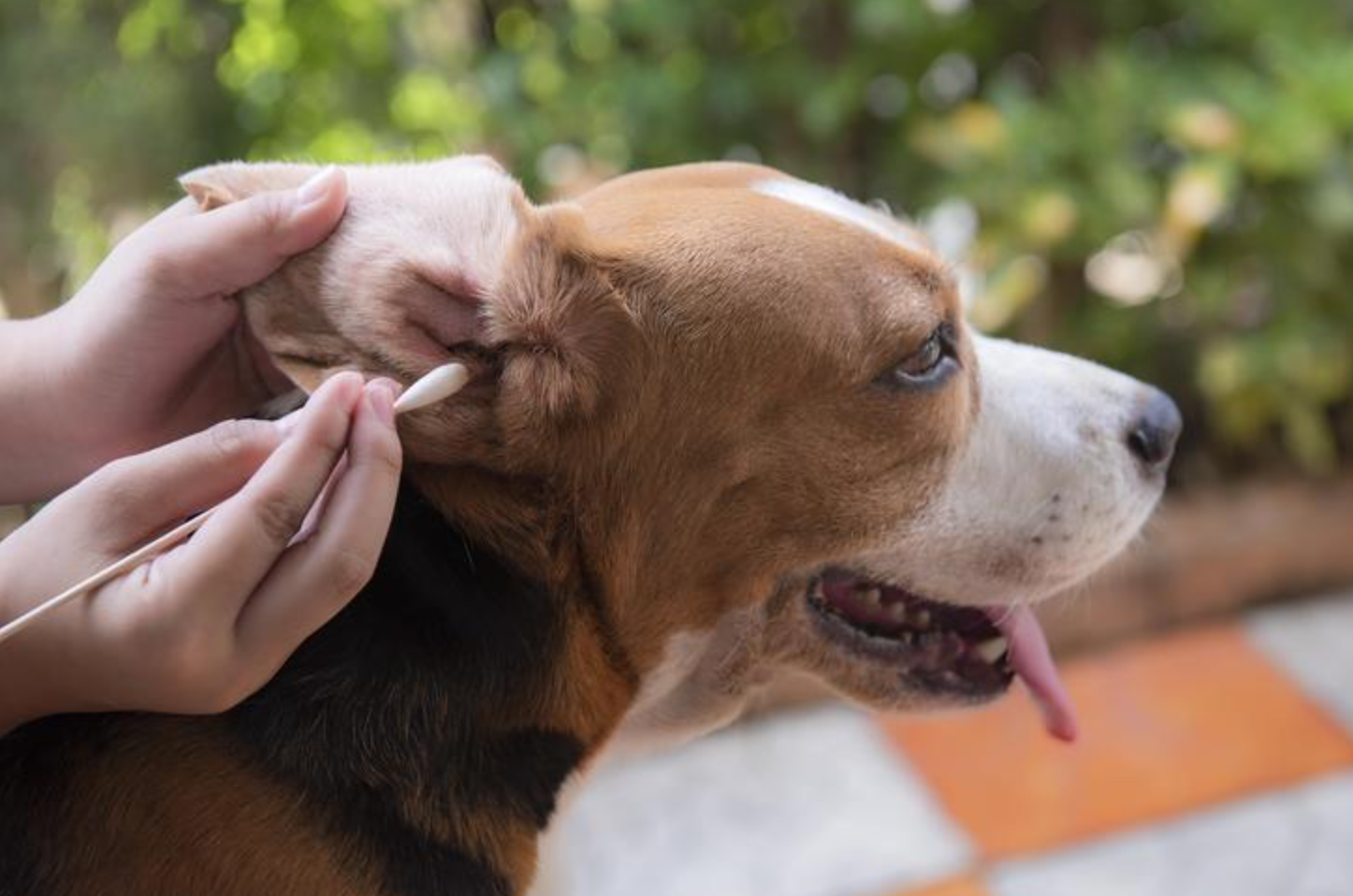Animal cruelty is a heartbreaking reality that has plagued our society for far too long. India, a country rich in cultural and religious traditions that revere animals, is unfortunately not immune to this problem. From stray animals subjected to abuse on the streets to widespread mistreatment in industries like dairy, meat, and entertainment, cruelty towards animals is a pervasive issue that requires immediate attention and action.
In this article, we will explore the various forms of cruelty against animals in India, the existing laws and regulations, and practical steps individuals can take to stop animal abuse and promote animal welfare.
Understanding Animal Cruelty in India
Animal cruelty takes many forms in India, including:
- Stray Animal Abuse: Stray dogs and cats are often victims of physical violence, poisoning, and neglect.
- Factory Farming: Intensive animal agriculture practices frequently involve overcrowding, inhumane living conditions, and cruel slaughter methods.
- Wildlife Trafficking: The illegal trade of wild animals for their meat, fur, or use in traditional medicine contributes to the exploitation and endangerment of many species.
- Entertainment Industry: Animals are often subjected to abuse and mistreatment in circuses, zoos, and other forms of entertainment.
- Religious Sacrifices: While many religions advocate compassion towards animals, some practices still involve animal sacrifices.
Addressing animal cruelty in India requires a multifaceted approach that involves strengthening laws, increasing public awareness, and promoting ethical treatment of animals across various sectors.
Animal Cruelty Laws in India
India has several laws in place to address animal cruelty, including:
- The Prevention of Cruelty to Animals Act, 1960: This act prohibits the infliction of unnecessary pain or suffering on animals and outlines punishments for cruelty offenses.
- The Wildlife Protection Act, 1972: This act aims to protect wild animals and birds and regulate their trade and commerce.
- The Indian Penal Code (IPC): Sections 428 and 429 of the IPC deal with the killing, poisoning, maiming, or rendering useless of animals belonging to others.
While these laws exist, their enforcement and implementation remain a significant challenge. Lack of resources, inadequate penalties, and limited public awareness often hinder their effectiveness.

How to Stop Cruelty Towards Animals in India
Stopping animal cruelty requires a collective effort from individuals, organizations, and government authorities. Here are some steps you can take to make a difference:
Report Animal Cruelty: If you witness animal abuse or cruelty, report it immediately to the relevant authorities, such as the local police station, animal welfare organizations, or the Animal Welfare Board of India (AWBI).
Support Animal Welfare Organizations: Donate, volunteer, or actively participate in the efforts of reputable animal welfare organizations working to rescue, rehabilitate, and protect animals from cruelty.
Adopt, Don't Shop: Consider adopting a pet from a shelter or rescue organization, instead of supporting breeders or pet stores that may contribute to the overbreeding and mistreatment of animals.
Educate and Spread Awareness: Share information, articles, and resources about animal cruelty prevention on social media and within your community. Educating others is crucial in fostering empathy and compassion towards animals.
Support Cruelty-Free Products and Services: Choose products and services that do not involve animal testing, exploitation, or inhumane treatment. Look for cruelty-free certifications and support companies that prioritize animal welfare.
Advocate for Stronger Laws and Enforcement: Contact your local representatives and lawmakers to demand stricter animal cruelty laws, harsher penalties for offenders, and increased resources for enforcement agencies.
Practice Compassion in Daily Life: Treat all animals, whether pets, strays, or wildlife, with kindness and respect. Refrain from engaging in or supporting activities that harm or exploit animals.
Empowering Communities and Promoting Change
Addressing animal cruelty in India requires a multifaceted approach that involves collaboration between individuals, organizations, and government authorities. By raising awareness, supporting animal welfare initiatives, and advocating for stronger laws and enforcement, we can create a more compassionate society that values the well-being of all living beings.
It's important to remember that change often starts at the individual level. By making conscious choices and advocating for animal rights, each person can contribute to the larger movement against animal cruelty in India.
Organizations Working to Stop Animal Cruelty in India
Several organizations in India are dedicated to combating animal cruelty and promoting animal welfare. Some notable examples include:
- People for the Ethical Treatment of Animals (PETA) India
- Humane Society International (HSI) India
- Federation of Indian Animal Protection Organisations (FIAPO)
- Blue Cross of India
- Animal Welfare Board of India (AWBI)
- Compassion Unlimited Plus Action (CUPA)
- World Animal Protection India
These organizations work tirelessly to rescue, rehabilitate, and provide medical care for animals in need. They also actively advocate for stronger animal protection laws, conduct public awareness campaigns, and collaborate with government agencies and other stakeholders to promote animal welfare.
Together, we can create a more compassionate and humane society for all living beings. By taking a stand against animal cruelty, we not only protect the innocent creatures that share our planet but also reflect the values of empathy, kindness, and respect that should be at the core of our humanity.









